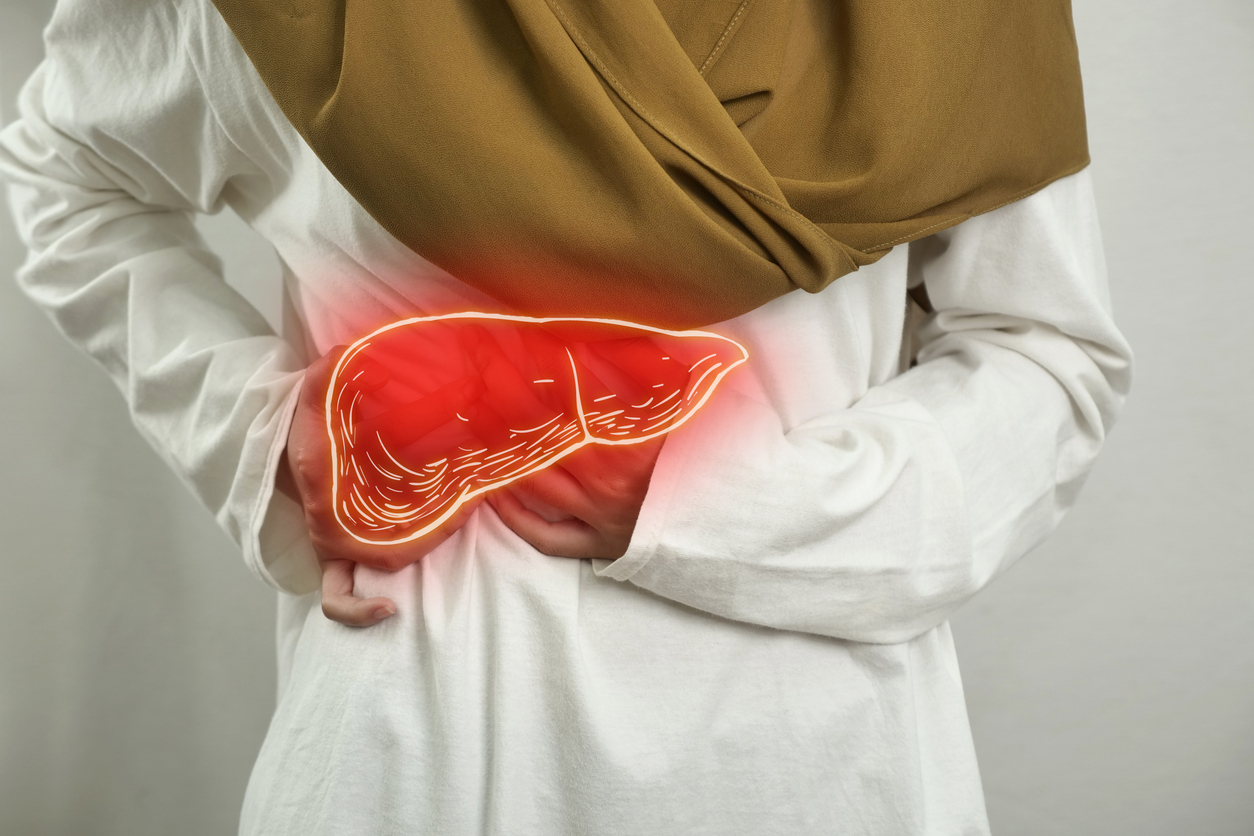2024-04-23
Diet plays a crucial role in preventing sarcopenia
Geriatrics
Sarcopenia, often defined as the progressive loss of
muscle mass and strength, represents a growing public health challenge,
particularly in the elderly. This geriatric syndrome is associated with an
increased risk of falls, reduced quality of life and increased mortality.
Although several factors are involved, including physical inactivity and aging,
diet appears to play a crucial role in the prevention and management of
sarcopenia.
A recent cross-sectional study from southern Italy explored the relationship between dietary patterns and sarcopenia in adults aged 50 and over, with a particular focus on the Mediterranean diet. This study included 528 individuals who underwent testing at the clinical nutrition unit of the "R.Dulbecco" University Hospital. Strength was assessed using hand grip strength. Appendicular skeletal muscle mass was estimated using bioelectrical impedance analysis. Information on food intake was collected using a food frequency questionnaire.
The results of this study revealed four distinct dietary patterns:
- A 'Western' model
- A 'Mediterranean' model
- A 'High-fat' model
- A 'Carnivorous' model
Only the "Western" and "Mediterranean" models showed correlations with grip strength and appendicular skeletal muscle mass. Notably, the Mediterranean model was significantly associated with better grip strength and higher muscle mass. This model showed a negative correlation with sarcopenia. High adherence to the Mediterranean model was associated with a significant reduction in the prevalence of sarcopenia, compared with low adherence.
Adjusted multinomial logistic regression analysis confirmed these associations. This analysis showed that low adherence to the Mediterranean model was significantly associated with a higher prevalence of sarcopenia.
These results underline the importance of high adherence to the Mediterranean diet for the prevention of sarcopenia in the elderly.
In conclusion, this study reinforces the notion that the Mediterranean diet, rich in vegetables, fruit, legumes, cereals, with limited consumption of meat and dairy products, plays a key role in the prevention of sarcopenia in older adults.
A recent cross-sectional study from southern Italy explored the relationship between dietary patterns and sarcopenia in adults aged 50 and over, with a particular focus on the Mediterranean diet. This study included 528 individuals who underwent testing at the clinical nutrition unit of the "R.Dulbecco" University Hospital. Strength was assessed using hand grip strength. Appendicular skeletal muscle mass was estimated using bioelectrical impedance analysis. Information on food intake was collected using a food frequency questionnaire.
The results of this study revealed four distinct dietary patterns:
- A 'Western' model
- A 'Mediterranean' model
- A 'High-fat' model
- A 'Carnivorous' model
Only the "Western" and "Mediterranean" models showed correlations with grip strength and appendicular skeletal muscle mass. Notably, the Mediterranean model was significantly associated with better grip strength and higher muscle mass. This model showed a negative correlation with sarcopenia. High adherence to the Mediterranean model was associated with a significant reduction in the prevalence of sarcopenia, compared with low adherence.
Adjusted multinomial logistic regression analysis confirmed these associations. This analysis showed that low adherence to the Mediterranean model was significantly associated with a higher prevalence of sarcopenia.
These results underline the importance of high adherence to the Mediterranean diet for the prevention of sarcopenia in the elderly.
In conclusion, this study reinforces the notion that the Mediterranean diet, rich in vegetables, fruit, legumes, cereals, with limited consumption of meat and dairy products, plays a key role in the prevention of sarcopenia in older adults.

Last press reviews
Could statins soothe inflammation?

By Ana Espino | Published on February 6, 2026 | 3 min read<br>
IAVI G004 trial: overview of a next generation HIV vaccine

By Carolina Lima | Published on February 5, 2026 | 3 min read
Liver, sugar, and pills: who's in control?

By Ana Espino | Published on February 4, 2026 | 3 min read<br>